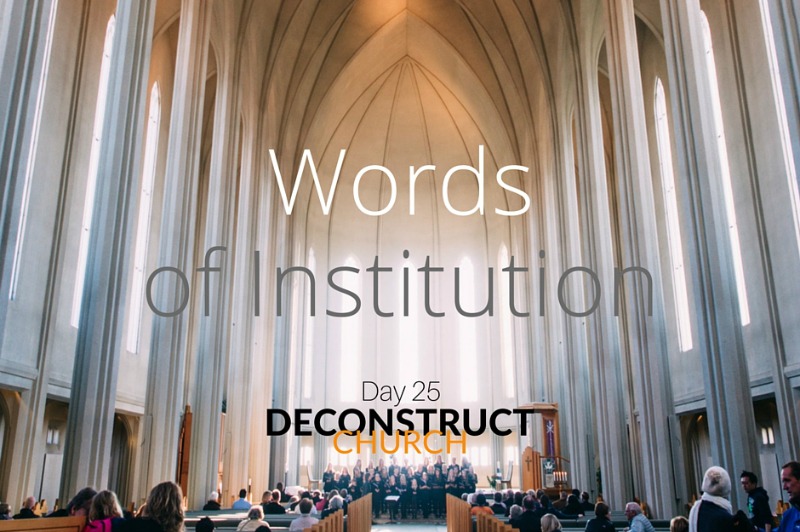The Eucharistic Prayer begins with the Sursum Corda, a conversation between the presider and the people.
The Lord be with you!
And also with you.
Lift up your hearts.
We lift them to the Lord.
Let us give thanks to the Lord our God.
It is right to give him thanks and praise.
This is how we offer our gratefulness to GOD. We call this part of the Eucharist “The Great Thanksgiving”, which given that it is our ritual family feast, it has the most appropriate of names.
'Profound thanks pour out of me when I think about how amazing my children are.' Click To Tweet
We begin our thanksgiving by lifting our hearts to GOD. What a powerful statement of our sacrifice! Like at an altar, lifting the lamb or the dove and swinging the entrails! Sorry. Too much? Perhaps the images we have of lifting up, dancers or ice skaters or Simba are better.
Perhaps this moment, often taken with a particular type of reverence: the dreadfully serious kind: is appropriate to the particular, but it doesn’t evoke in me a profound sense of giving thanks. What does is when I am with my parents when I haven’t seem them in a long time or those moments of reflection on the day when we talk about what new thing our son and daughter are doing now.
Profound thanks pour out of me when I think about how amazing my children are.
The Words
There are many pieces of interest in The Great Thanksgiving, but perhaps the most intriguing to many, or the most contentious in surprising ways are the Words of Institution.
The basic structure of The Great Thanksgiving is the invitation to lift our hearts, then a prayer. Then we proceed to remember the story, GOD’s work of salvation through history. In many ways, this is the most fun and creative part of the prayer: the part that changes the most between prayer forms.
Then prayer moves toward its founding, its particular story. We retell how Jesus invited his followers to share bread and wine in remembrance. This is what we call the Words of Institution because we suggest that Jesus has instituted the Eucharist in the Last Supper.
As I described earlier, this is the more fought over part of the liturgy than perhaps any other; due to our lack of true consensus about what Jesus really meant or intended.
The Dispute
The great question (and there is a reason this is the most representative of fights between Catholics and Protestants) is the notion of remembrance. As Jesus said to do this in remembrance, the Protestant has grown to see the action as possessing a symbolic character. We might argue that he doesn’t say: do this so that the food can really become me.
Catholics, on the other hand, hear a different word more literally: that Jesus calls the bread his body and the wine his blood. So for them, it is a more literal interpretation of those words. In that case, remembrance is not an indication of symbolic relationship, but the active response to a physical moment of union between people and Jesus.
Anglicans, of course try to do the both/and approach, so we say something happens, but the wafer isn’t really human flesh. It is something else and something has affected it. Not sure what, but it is something and it is effectual.
What the dispute highlights, however, is that these words have come to mean something important to the church.
Traditionally for Catholics (and many Anglicans), the Words of Institution were the moment of transformation of the elements. That wafer became the flesh when we talk about Jesus talking about sharing the flesh and the wine becomes the blood when we talk about Jesus talking about sharing the blood.
This, of course, is entirely different from remembering. It is as if we said: we really need more of a reason to fight over the Eucharist, so let’s call this The Magic Moment. Oh, you don’t like it? Well, not much we’re going to do about that!
It’s not like we really want to share dinner with “those” people anyway!
Ask Yourself
If the presider isn’t supposed to be acting out Jesus, then what are the Words of Institution for?
Why would these words be the words in which the Spirit comes alive? Why not at the lifting of hearts or in the narrative of the salvation story? Why not ask the Spirit to join us?
What is happening in our Eucharistic Prayer, the Great Thanksgiving? Who do we become?
Why are the words actually important? Is not the intention of the heart of utmost significance?
Must we remember that Jesus said the bit about remembrance when we remember Jesus? What if we don’t? Would it make a difference?
[This is Day 25 of How to start deconstructing church. The next in the series is “Epiklesis”. To start from the beginning, read the introduction here.]


Leave a Reply